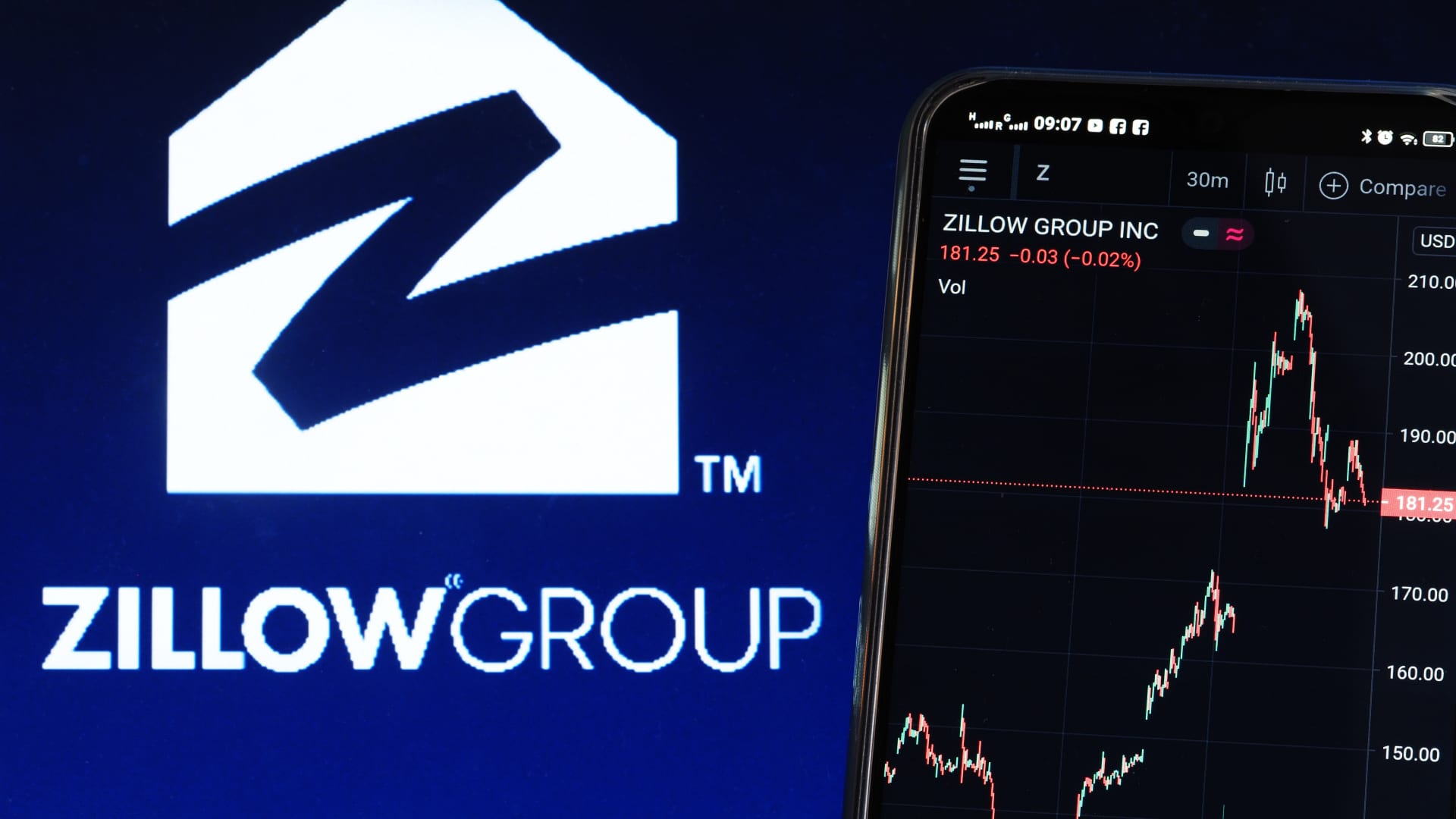A
ntitrust issues are once again at the forefront of real‑estate, especially in the commercial sector where a single firm can lock out newcomers. The purpose of antitrust law is to stop any one player from controlling a market to the detriment of smaller competitors. Recent events—such as the National Association of Realtors’ defeat in a fee‑fixing lawsuit—have spurred new buyer‑representation statutes in California and highlighted the need for tighter oversight.
Price fixing often occurs when one company monopolizes the flow of property information. CoStar, the leading online commercial‑real‑estate platform that also owns apartments.com, homes.com, and LoopNet, has been accused of creating barriers that keep brokers from listing on rival sites. In 2023, CoStar sued CREXi, a competitor that republishes broker‑submitted listings, alleging copyright infringement. CREXi counters that CoStar’s exclusive contracts and proprietary technology amount to antitrust violations under the Sherman Act. The dispute centers on whether CoStar’s practices—such as preventing brokers from publishing on other platforms and demanding higher fees after acquiring a competitor—constitute unlawful monopolistic conduct.
The court has taken the position that CoStar’s actions may indeed be anticompetitive, and has sent the case back to the trial judge for further determination of CREXi’s claims. The court’s definition of monopoly—“substantial ability to control prices or exclude competition”—applies to CoStar’s recent fee increases of 300–500% after acquiring a rival. CREXi argues that such hikes, coupled with exclusive broker agreements, stifle competition.
Competition fuels innovation and keeps prices in check, yet many agents fear losing their gatekeeping role as online aggregators give consumers direct access to listings. However, the true value of an agent lies in expertise—knowledge of tax strategies, market analysis, and financing—rather than mere data access. Agents’ concerns about losing control have been mitigated by the realization that their professional judgment remains indispensable.
In sum, antitrust enforcement is reshaping the commercial real‑estate landscape. The outcome of the CoStar‑CREXi case will signal whether the industry can move toward a more level playing field, benefiting sellers, buyers, tenants, and mortgage‑loan officers alike.













